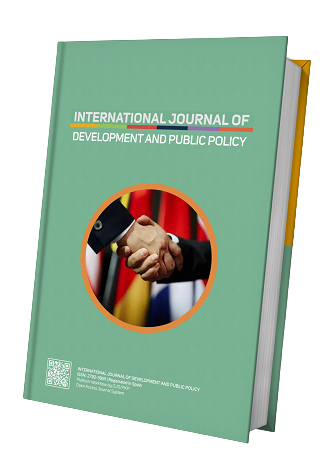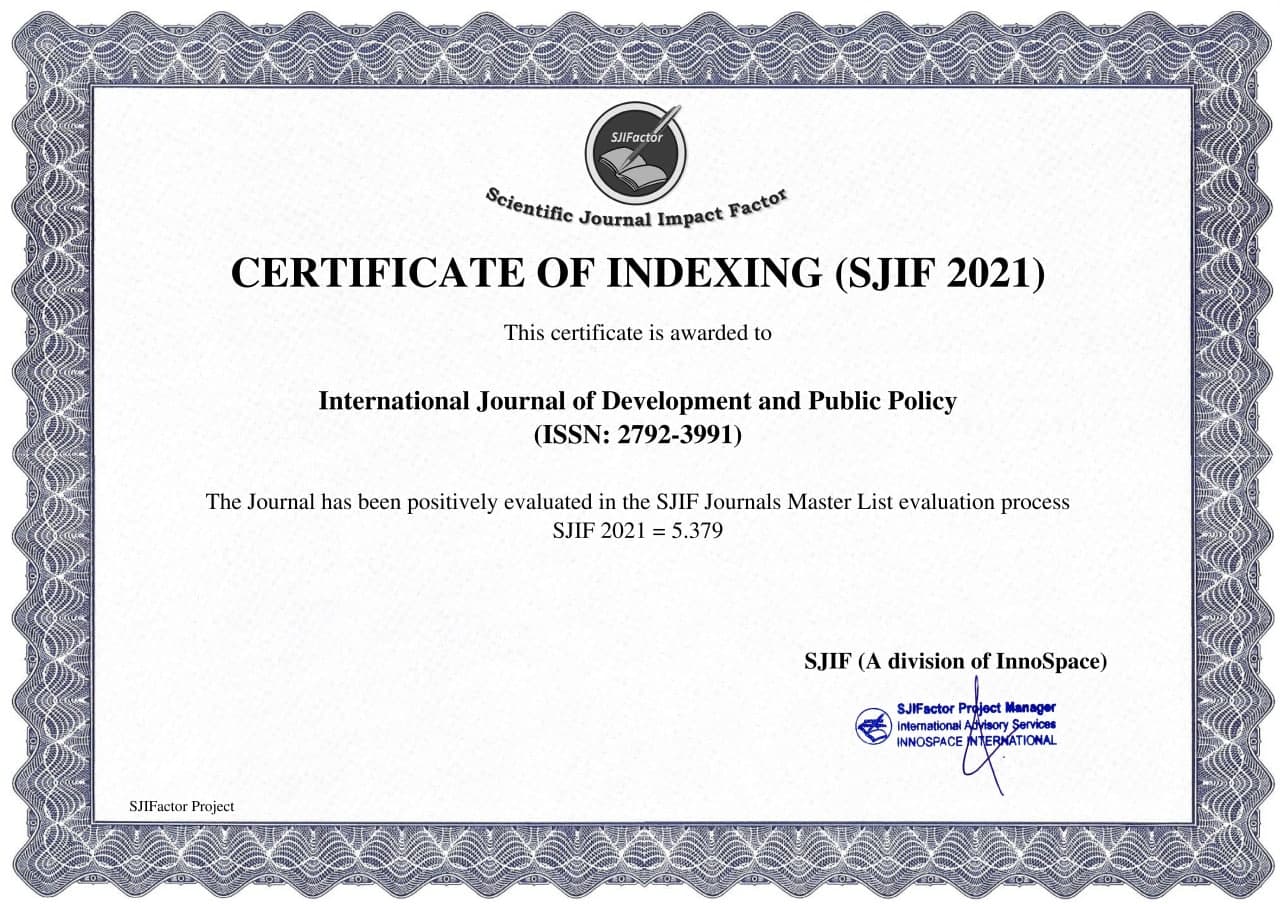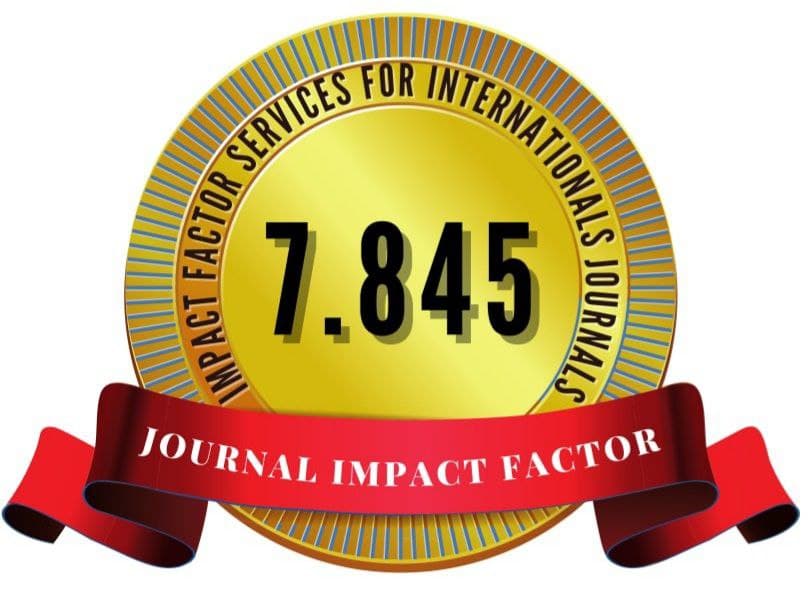Planning and Space Utilization for the Archipelago Capital Candidate
Keywords:
the IKN, planning, space utilizationAbstract
The frenzy of plans to move and build the nation's capital city from Jakarta to East Kalimantan has for some time adorned the national news and has even become an international discussion. Domestically, there are pros and cons to the plan for the Archipelago Capital Candidate (IKN). There are interesting things related to the pros and cons, especially from academics, environmentalists, and regional planning experts, among others, about how to plan and utilization space in the IKN. It is hoped that the planning and utilization of the IKN can reduce various forms of inequality, as well as become a determinant of ecological sustainability. Moreover, various strategic global issues now also need to be accommodated in regional development planning, such as the Industrial Revolution 4.0 and the Sustainable Development Goals (SDGs).






